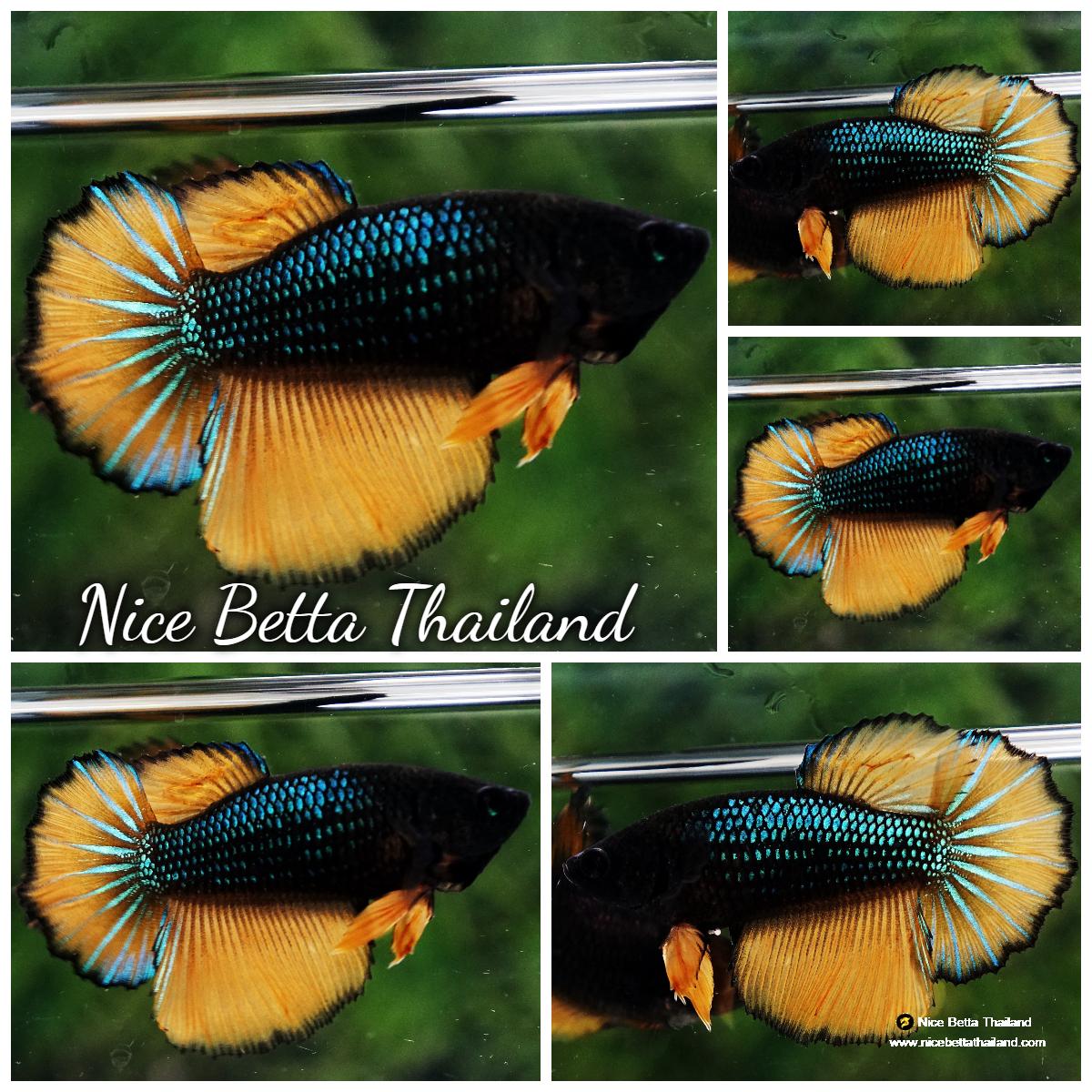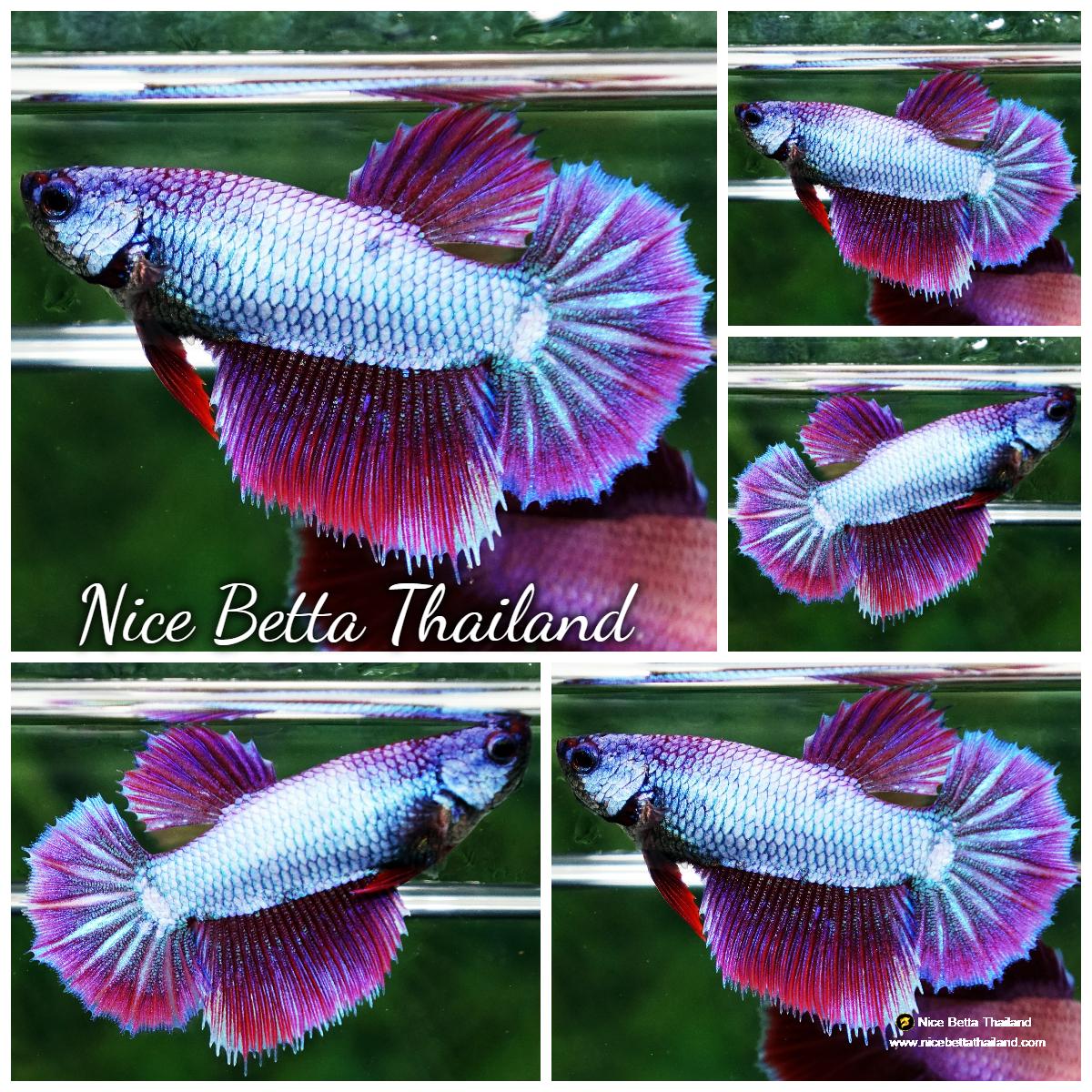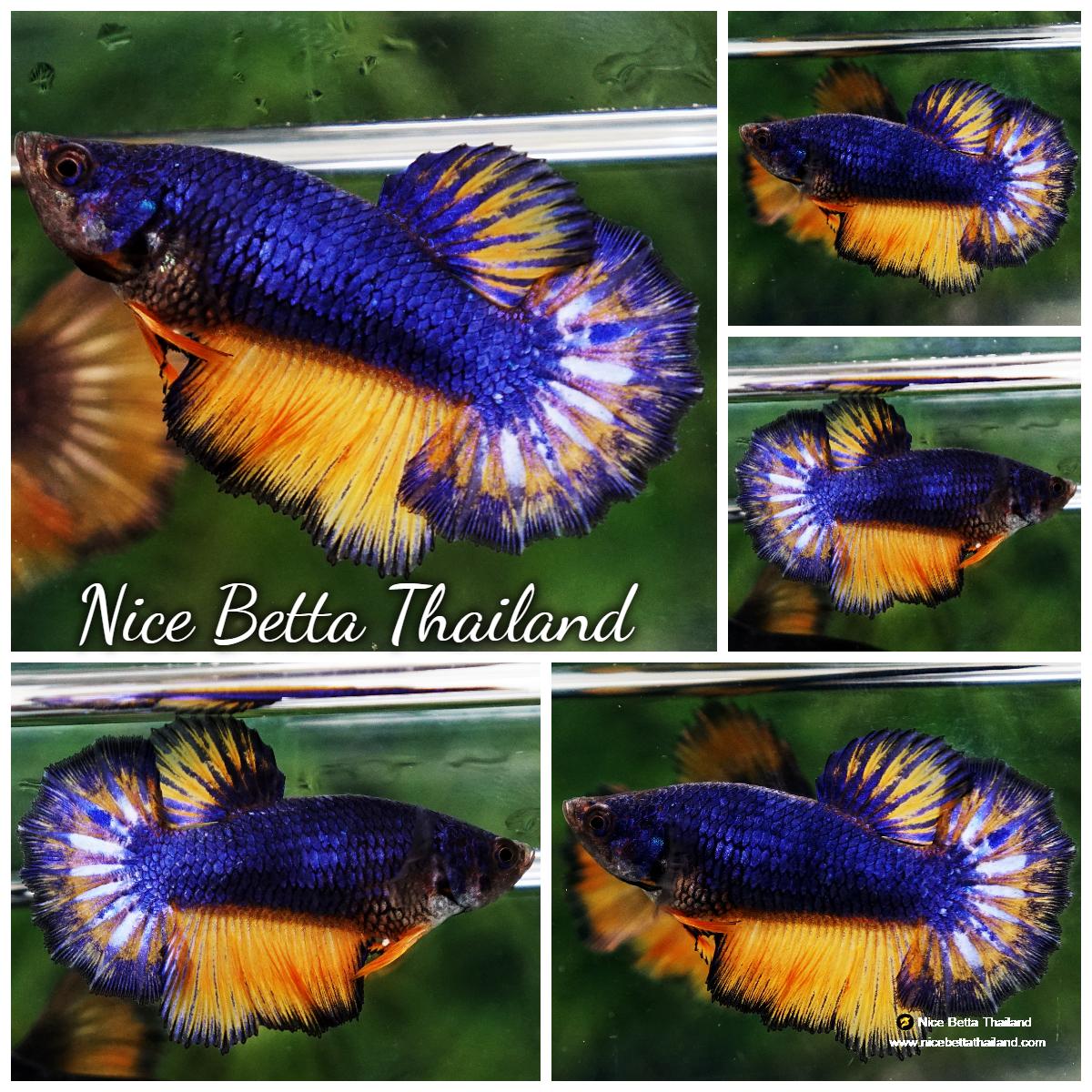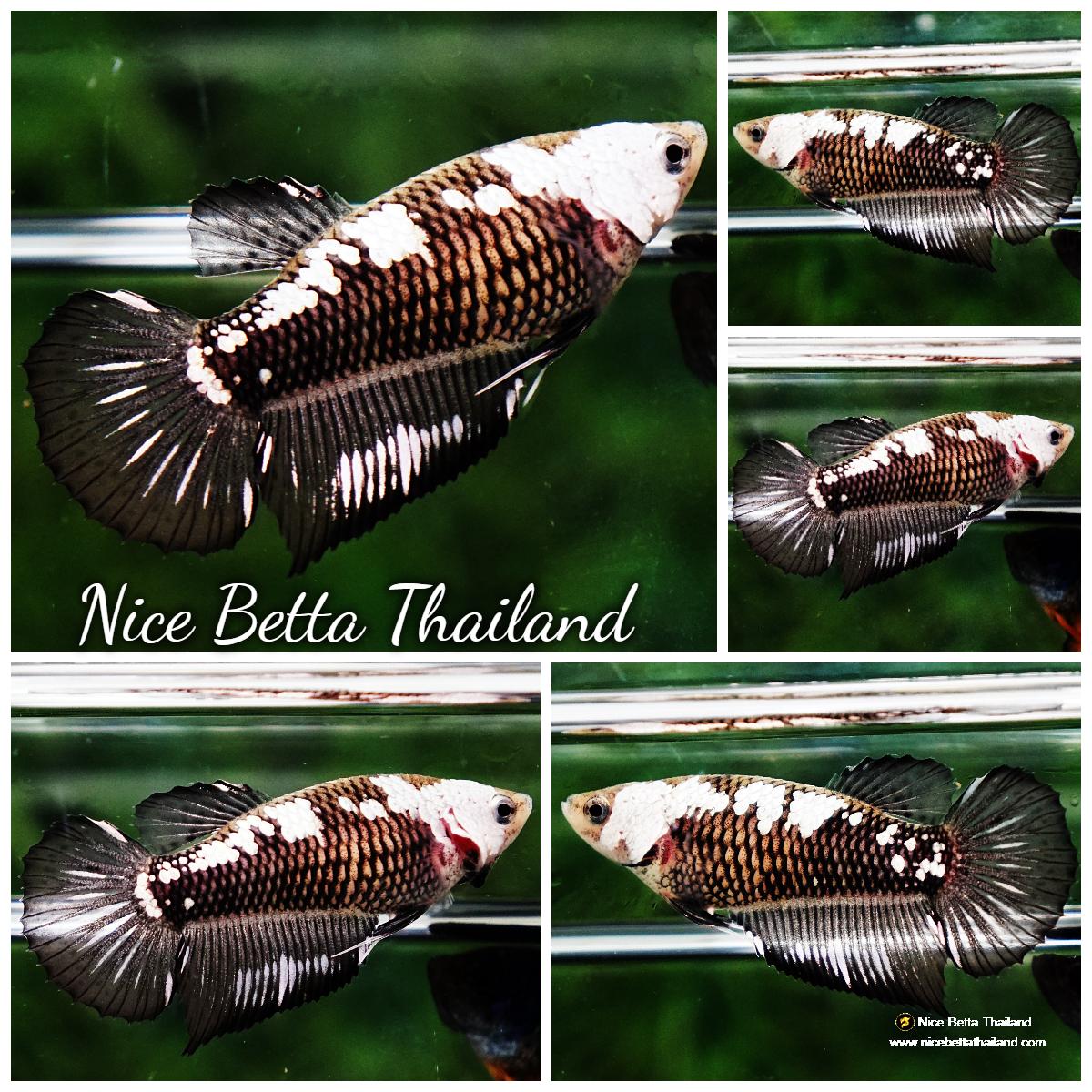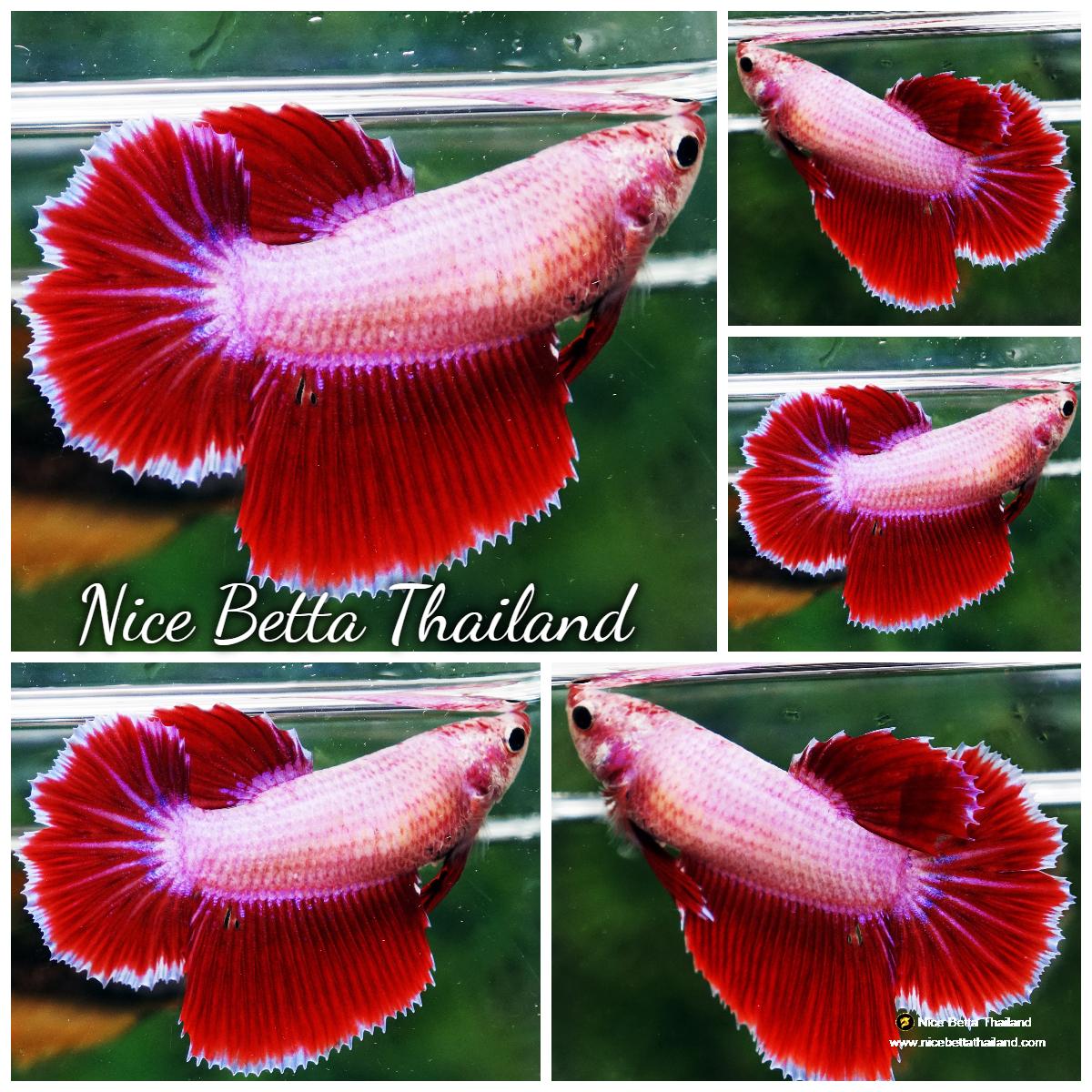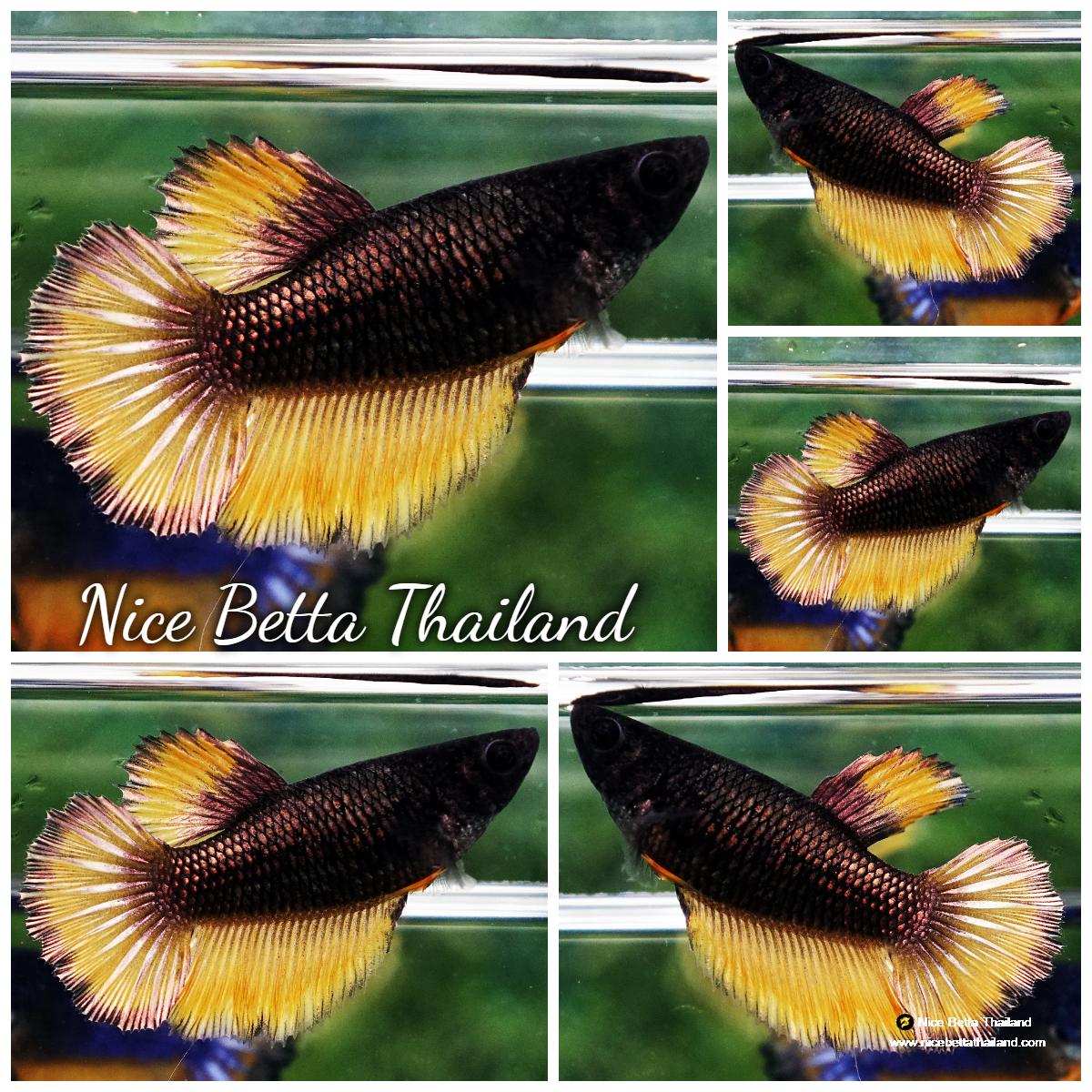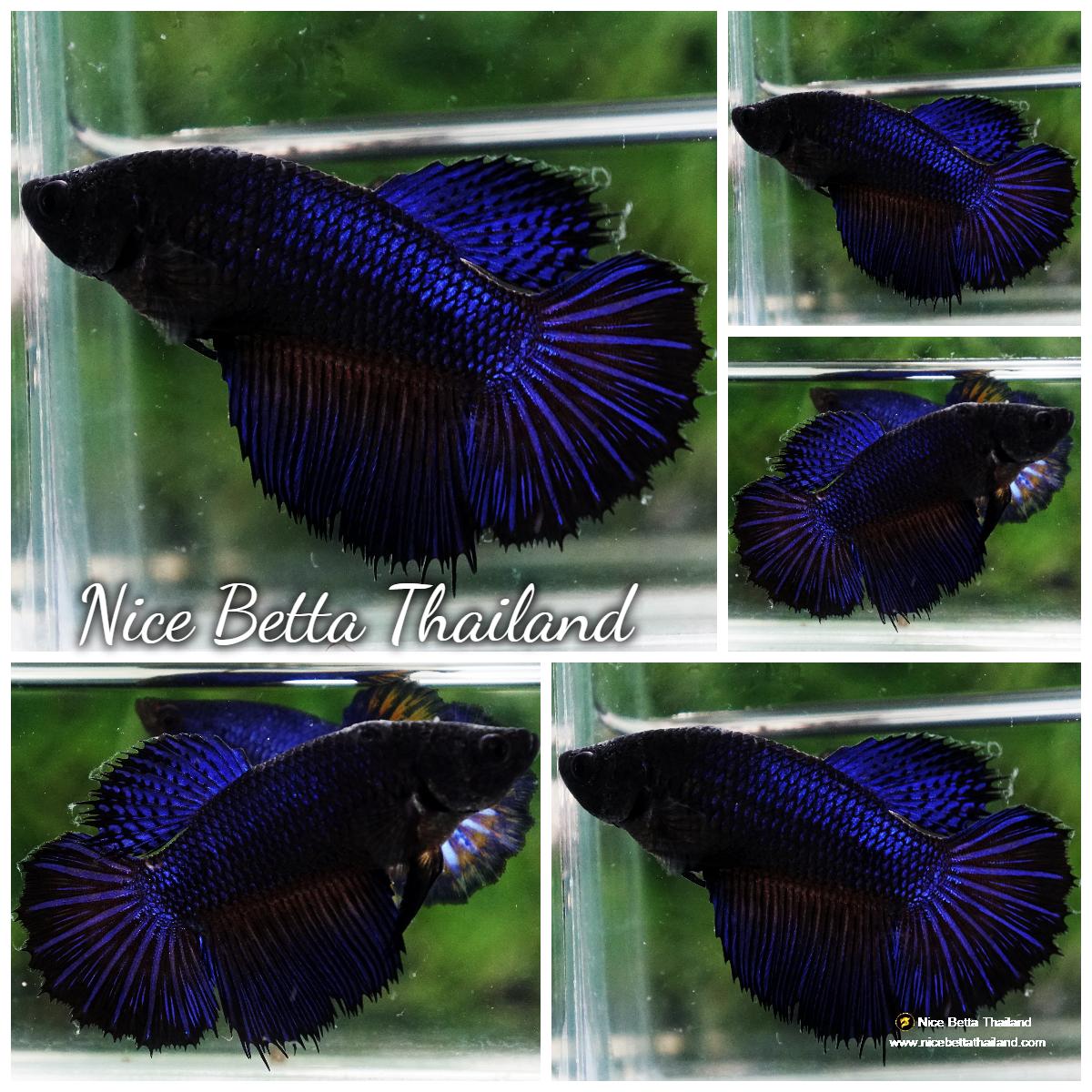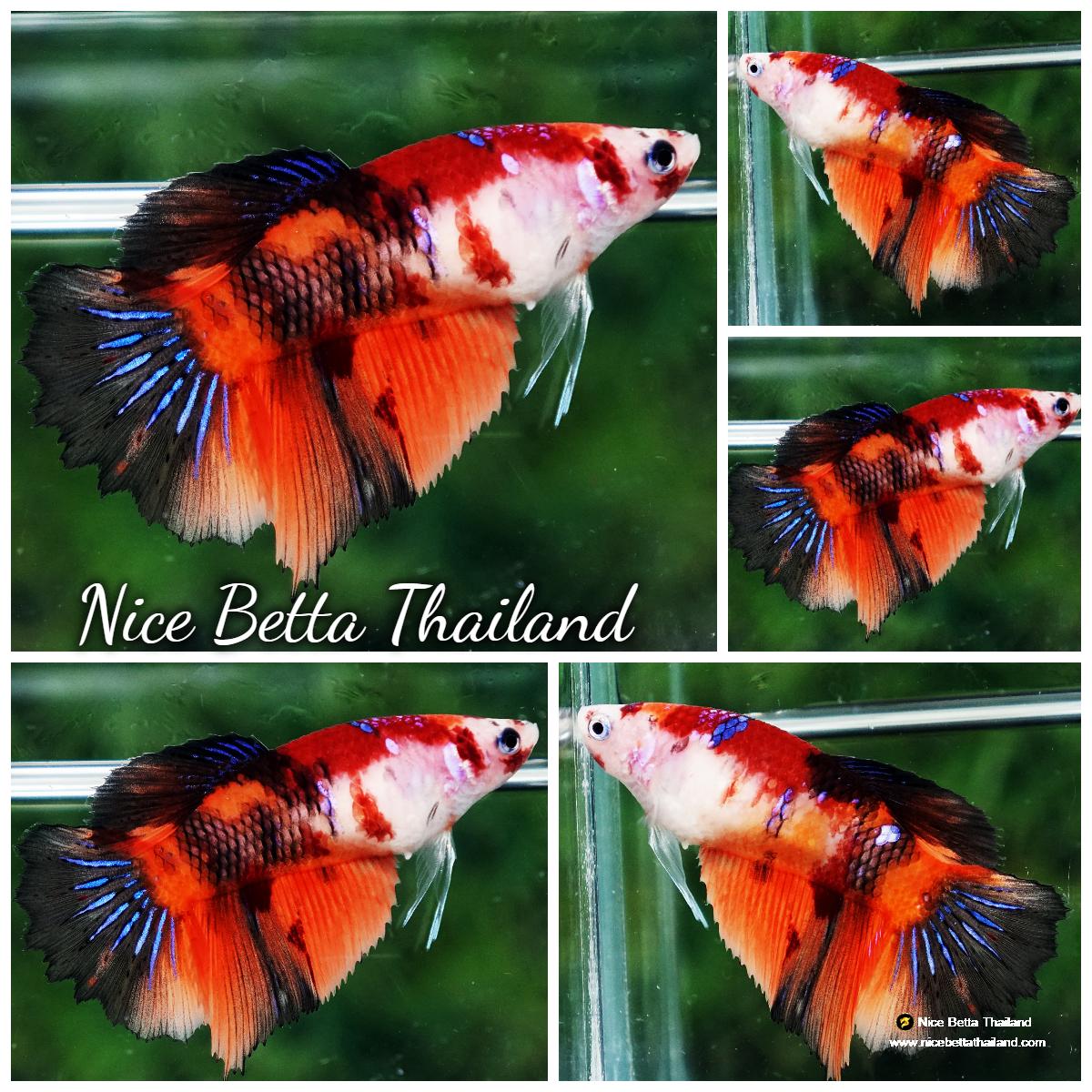People love to tell stories about their betta fish, But you know all fish have personalities. especially if it involves antics or odd behavior. We can generalize about certain species being territorial, aggressive, shy or whatever, but at the end of the day fish sometimes act uncharacteristically, just like people.
Anyone who’s spent time observing aquarium fish can attest to that. For many hobbyists, it’s what makes their pet fish so endearing. They can be happy or sad, they pout or sulk when you’ve been away, they practically jump out of the tank when you approach, yet they hide when someone they’ve never seen before is standing next to you. In fact, nothing surprises us anymore when it comes to what fish do.
Fish Behavior vs. Fish Personality
It is helpful to understand what motivates fish to do what they do and to create an environment that’s as conducive as possible to them living together in harmony. But there’s a difference between behavior and personality. Behavior is how we act; personality is what makes us act that way. In other words, personality almost always influences behavior – the trick is to understand both and anticipate how the former affects the latter.
Most of us understand that the majority of cichlids are territorial and they can be pretty aggressive sometimes, especially towards their own kind, and most especially when trying to raise a family or defend their personal space against intruders. We also know that many barbs are fin nippers, especially when not kept in large groups, so you shouldn’t mix two or three of them with slow moving, long-finned tankmates. And we know that little tetras, for the most part, are pretty peaceful and get along well with other peaceful fish. But you can’t think solely in black and white terms when you’re dealing with living creatures. There are always exceptions to the rule and when you’re standing in the fish store thinking about buying that next addition to your tank, you have no way of knowing if you’re getting Dr. Jekyll or Mr. Hyde. Is it the passive cichlid who can live with community fish, or the crazed molly that can’t be trusted to behave like other mollies? We have to be prepared to deal with either possibility.
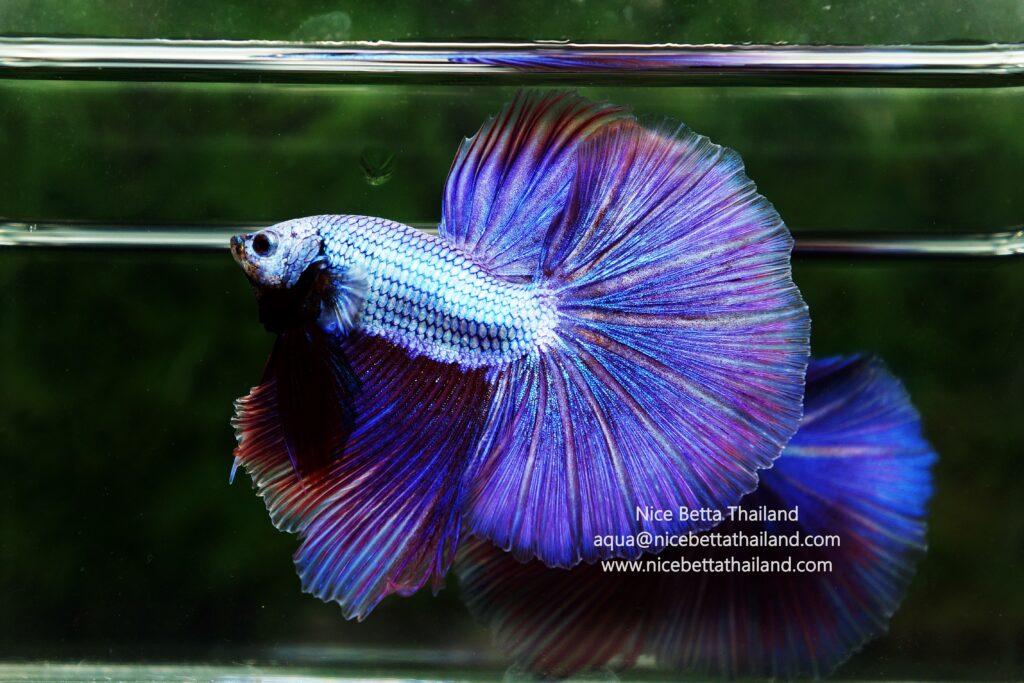
Scientific Evidence of Fish Personalities
In a study at the University of Exeter in the UK, Thomas M. Houslay and his researchers found that when Trinidadian guppies were exposed to stressful situations, they responded in different ways. Some hid, some approached cautiously after a while and some weren’t phased at all. That in and of itself, isn’t too surprising, but what’s interesting is that certain individuals responded the same way to each form of stress, meaning their personalities didn’t change even when their circumstances did. Is that genetic, environmental, learned or something else? More research is needed.
Will My Fish Get Along?
One of the questions most frequently asked by hobbyists is whether fish they want to buy will get along with their existing fish. Sometimes it’s a question of what species of fish we’re talking about or how large the aquarium is. For example, you really shouldn’t mix a 10” Oscar with a group of 1½” neon tetras, nor should you put two adult male Jack Dempseys with a case of raging hormones in a 30 gallon aquarium. Those types of questions are usually pretty easy to answer. But many situations are more nuanced and could go either way, depending on a whole slew of factors, including both the behavior patterns and personalities of the individual fish themselves. In such instances, unless you know the personalities of all the fish involved, it’s anyone’s guess.

It’s no comfort to shoppers when the so-called “experts” hem and haw and give ambiguous, non-committal answers when asked if two fish will get along. Words like “they should” or “usually” are often used, but no definite assurances are given. It’s not because we don’t know, it’s because we can’t always predict what individual fish will do in a given situation. Sometimes it’s because the two fish involved normally wouldn’t interact in the wild, so there’s not a lot of precedent. Or perhaps the aquarium environment isn’t exactly “natural”, which causes them to behave in ways we can’t predict. For example, compare the amount of space your fish have to share in that gigantic 210 gallon aquarium that takes up half your living room to their options along even a small stretch of the Amazon River.
While many fish combinations that hobbyists want to try have near-guaranteed outcomes, a surprising number turn out unexpectedly, even to our team of fish experts. We’ve seen tiger barbs peacefully co-existing with a long-finned Betta or angelfish, or two different species of marine clownfish happily sharing an aquarium that most experts would say is way too small for that! Or how about a black molly raising cane with every other fish in the tank and systematically eliminating them one by one? It happens.
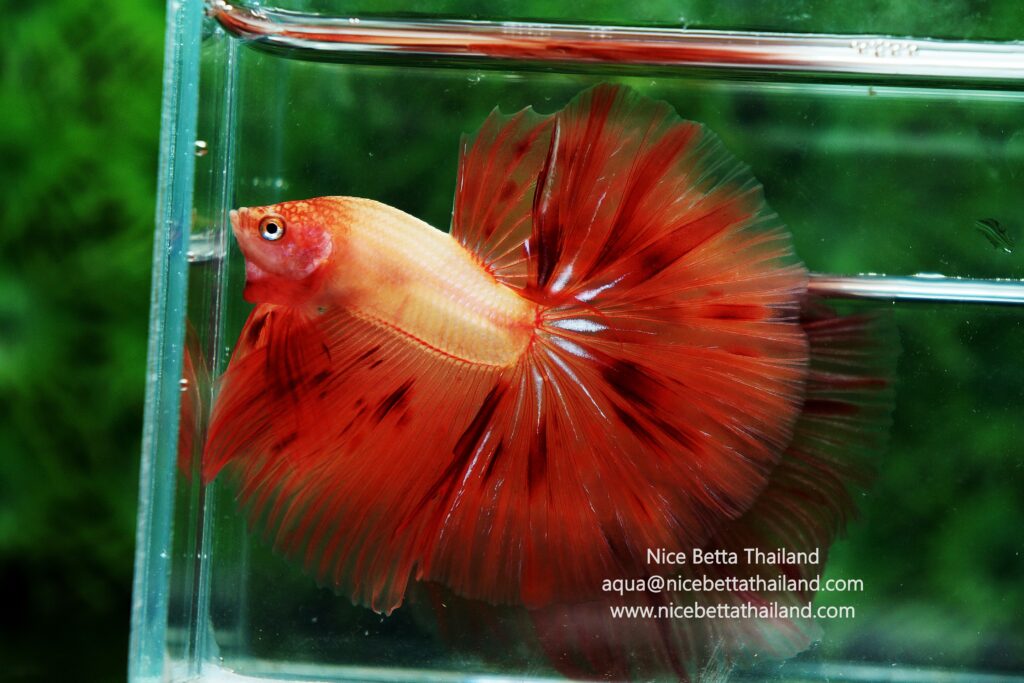
Fish Behavior Books
We are occasionally asked if there’s a book you can buy on fish behavior. Actually, there are many. Some are very technical, boring and use a lot of scientific terminology; not much use to the average aquarium keeper. Others just scratch the surface and don’t really help in terms of “will this fish get along with that fish”, which is what most of us want to know.
Is there a book on the compatibility of every conceivable aquarium fish in every conceivable situation? Not that we are aware of. Mostly what you’ll find are charts that list commonly available species, with green, yellow and red indicators (for yes, maybe and DON’T), along with the obvious do’s and don’ts. These can actually be quite helpful, especially to beginner fish tank owners. The problem is, it would take volumes, not one singular book, to cover every possible outcome of the thousands of possible combinations of different fish species aquarists have access to these days. And even then, there will always be that one fish who didn’t read the book and does whatever he darn well pleases.
So, to answer the question “Do fish have personalities?” You bet they do!
Also we have group talk about betta fish for sale and share any new tip take care information on Web3 social group

Right now we have betta fish doctor help every bettas lover by top breeder in Thailand to cure or share more tip on Animalverse social
If your bettas fish sick or need tip to treat help Let’s join the group many top breeder will help to answers betta fish community
More tip :
All of Betta Fish A Guide on Patterns, Color in the world
The most expensive betta fish in the world.
Why does my betta fish stay at the bottom of the tank
How to Keep a Betta Fish Alive for 4 Years








